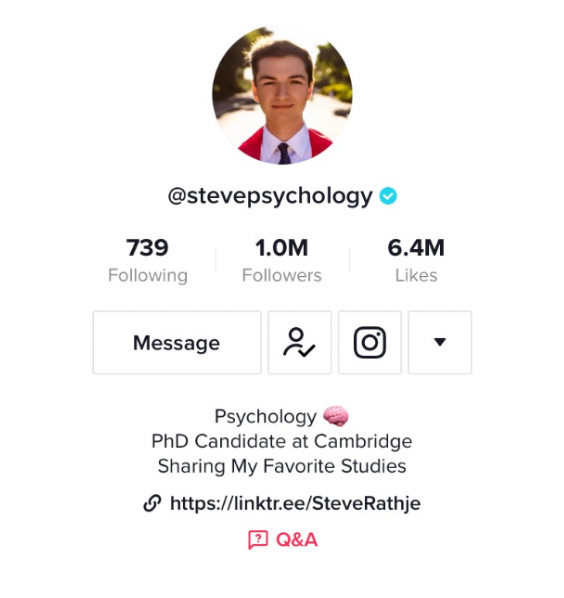Going Global
How much do you identify with your country? Our new paper shows how this may predict your response to the pandemic
It’s been a stressful new year for most of us—amidst yet another wave of the pandemic. But we some new papers that have implications for curbing the spread of a pandemic and combating misinformation, including our biggest collaboration ever.
Buckle up, as we also have an appearance on a late-night comedy show, an article in The Atlantic, and several big announcements about lab members in store. And if you want to feel a sense of schadenfreude (or terror, depending on your politics), you can read about the barrage of conspiracy theory trolls who harassed Jay a few weeks ago after he was quoted in a fact check article debunking “mass formation psychosis”. If you want a TL;DR, this sums up the situation quite nicely:
New papers and pre-prints
The biggest news this month is that we published our biggest collaboration to date, with over 250 authors from around the globe (including lab members Madalina Vlasceanu, Elizabeth Harris, Philip Pärnamets, Steve Rathje, Claire Robertson, Anni Sternisko, and Jay Van Bavel), this week in Nature Communications.
Across 67 countries (and nearly 50,000 participants), our paper found that those who reported identifying more strongly with their nation consistently reported greater engagement in public health behaviors (such as spatial distancing and stricter hygiene) and support for public health policy interventions (such as closing bars and restaurants). We also found that national identification was linked to actual behavior: higher levels of national identification prior to the pandemic predicted lower mobility during the early stage of the pandemic.

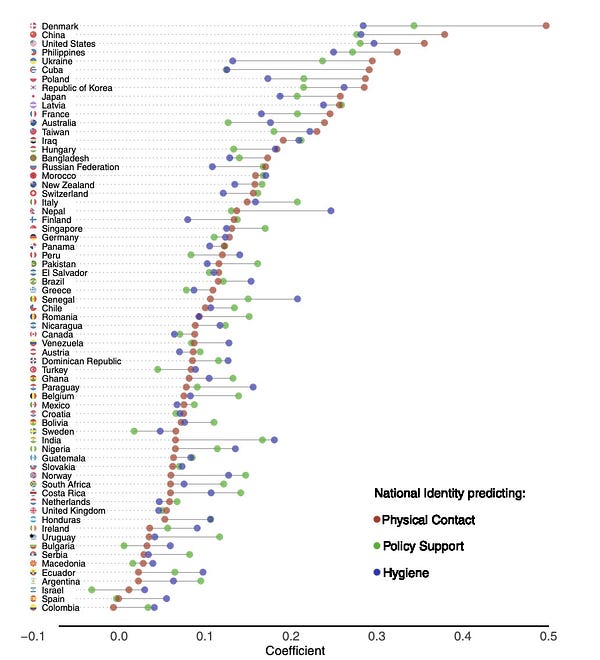
These findings provide global evidence about the prosocial side of group identity, and hint at the possibility that national identity may be a useful tool in encouraging collective action and cooperation. Political and public health leaders might be wise to consider communication strategies that create a sense of inclusive in-groups to effectively promote behaviors that help curb the spread of a global pandemic.
Several other fascinating papers have been born from the massive data set we collected, with findings related to outcomes such as prosociality and wellbeing. Here is a sampling of a few other findings to come out of the data:
Older adults are more willing to help others during the pandemic, but were also more biased in who they helped
National identification was linked to feelings of wellbeing and physical health during the COVID-19 pandemic
National narcissism predicts the belief in and the dissemination of conspiracy theories during the COVID-19 pandemic (another paper from our lab led by Anni Sternisko, which we featured last month!)
We want to thank each and every one of our brilliant and patient collaborators who made this paper possible!
And while on the topic of global collaborations, please consider joining our mega-study on climate change interventions (led by Madalina & Kim). It now has collaborators from 70 countries—which makes it even larger than the COVID project.

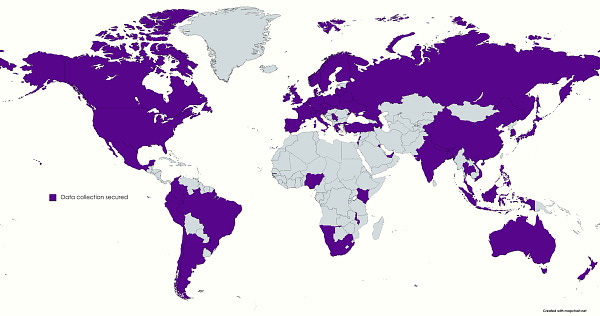
One of the biggest issues in addressing the pandemic, climate change, and many other issues is the problem of misinformation. In a new meta-analysis out in Psychological Science, lab affiliate Steve Rathje, Jon Roozenbeek, Cecilie Steenbuch Traberg, Jay, and Sander van der Linden found that the effectiveness of the accuracy nudge intervention designed to reduce the spread of misinformation is dependent on political identity! This suggests that social identity can also be a problem for cohesion and was contrary to what previous research has suggested. In our analysis, accuracy nudges had little to no effect for U.S. Republicans and conservatives, and was least effective for extreme conservatives. See Steve’s thread below for more info!

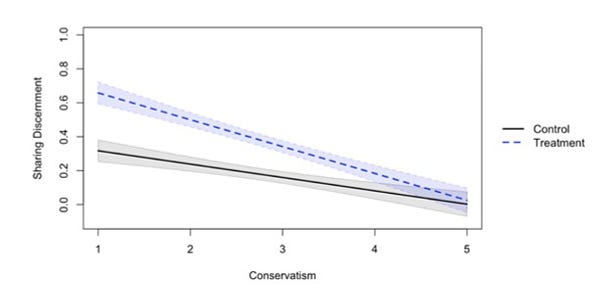
This finding points to a major limitation of this potential intervention against misinformation—accuracy nudges may have limited effectiveness for the population most likely to spread it. We hope this work highlights the need for more research in this area and the importance of understanding how partisan identity interacts with these behaviors.
In a new pre-print, affiliate Madalina Vlasceanu, Jay, Casey McMahon, and Alin Coman found that health-related and politically charged beliefs predict donation behaviors. We also found that evidence changed these beliefs and, in turn, led to behavioral change. However, for politically charged beliefs, there was an asymmetric partisan bias in the effect of belief change on behavioral change (see the pre-print to read more). These findings have important implications for promoting constructive and prosocial behaviors such as recycling and donating:

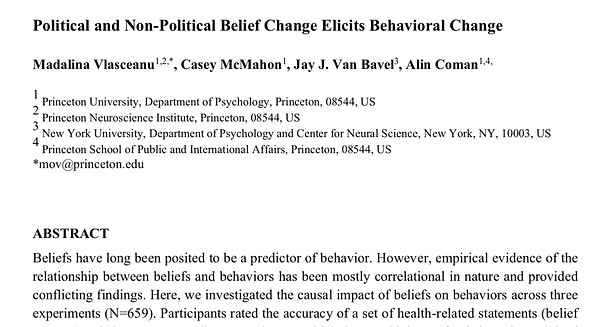
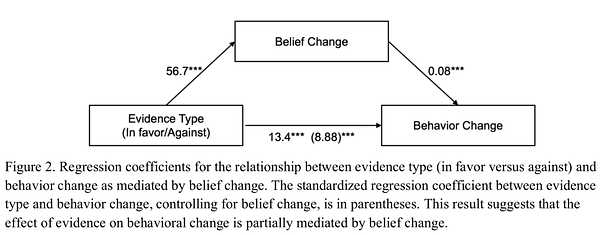
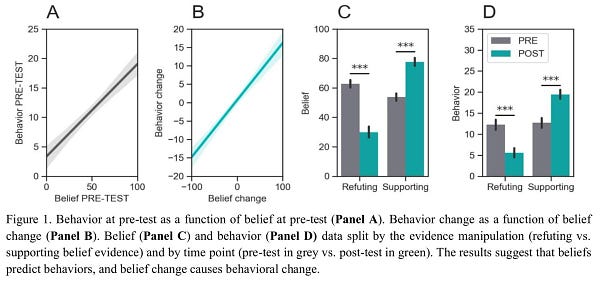
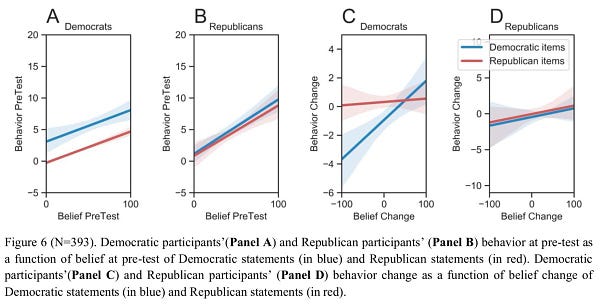
Return of the trolls
At the beginning of the month, Jay debunked a claim made by Dr. Robert Malone on Joe Rogan’s podcast, and was swiftly hit with a backlash of over 1000 internet trolls. On the podcast episode, Malone, a former scientist and COVID vaccine skeptic, stated that people who are following public health guidelines during the pandemic are suffering from “mass formation psychosis”.
Unfortunately there is no scientific basis for this term. Both AP and Reuters fact-checked this claim with interviews with numerous experts, finding it to be unfounded. This irritated a lot of conspiracy theorists who flooded Jay’s emails, DMs, and social media accounts with angry messages, false claims, pictures of rainbow dildos, and entirely new conspiracy theories. You can read the discussion here.


It was a truly eye-opening experience. You can hear more about it on Jay’s interview with the Tech Policy Press podcast:

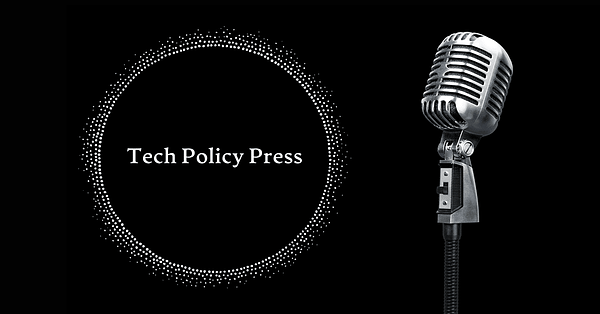
And if you’re curious, here are Dr. Robert Malone’s thoughts on the matter, courtesy of his newsletter. He seems to think being fact checked by scientists and experts is part of China's "New World Order" agenda, whatever that means.
Lab member shout-outs
In some very, very good news, we are excited to announce that several lab members (one former, two current), recently landed new jobs! Former lab PhD student William Brady will be joining the Northwestern Kellogg School of Business as an Assistant Professor in Fall ‘22, and our current postdoc Victoria Spring recently started their new position as an Associate Editor at Nature Reviews Psychology. Additionally, current lab PhD student, Elizabeth Harris (graduating this spring), will be joining the Social Action Lab at the University of Pennsylvania as a postdoc this fall.



We are extremely proud that so many incredible scientists have come out of our lab. For a full list of our alumni and to see what they’re up to now, check out this spreadsheet. And if you’re an alumni who recently got a new job, do let us know or note it in the sheet!
We also wanted to send out a congrats to our lab’s TikTok celebrity Steve Rathje, who recently made it to 1 million followers! Follow Steve if you want exciting and accurate scientific tidbits.
In the media
Jay was a guest on Full Frontal with Samantha Bee to talk about cats, misinformation tactics, and the monetary incentives that encourage them.
Jay and his co-author Dominic Packer also published an article in The Atlantic challenging the idea that group solidarity inevitably leads to conflict.


And finally, Jay was also interviewed for an article from Yahoo Sports about why baseball Hall of Fame voting makes people so mad (spoiler alert: it’s a mix of morality, emotion, and identity).


Last month’s newsletter
In case you missed our updates from last month:

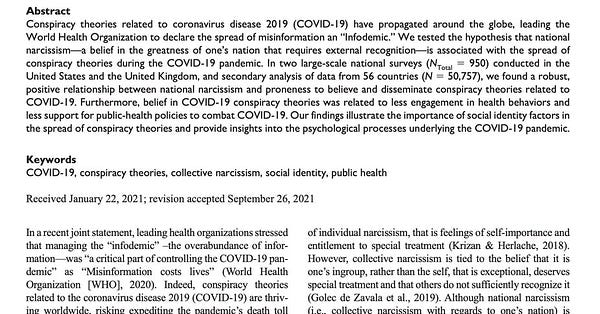
As always, if you have any photos, news, or research you’d like to have included in this newsletter, please reach out to Katie (nyu.vanbavel.lab@gmail.com). We encourage former lab members and collaborators to share exciting career updates or job opportunities—we’d love to hear what you’re up to and help sustain a flourishing community. Please also drop comments below about anything you like about the newsletter or would like us to add.
That’s all, folks—thanks for reading and we’ll see you next month!





